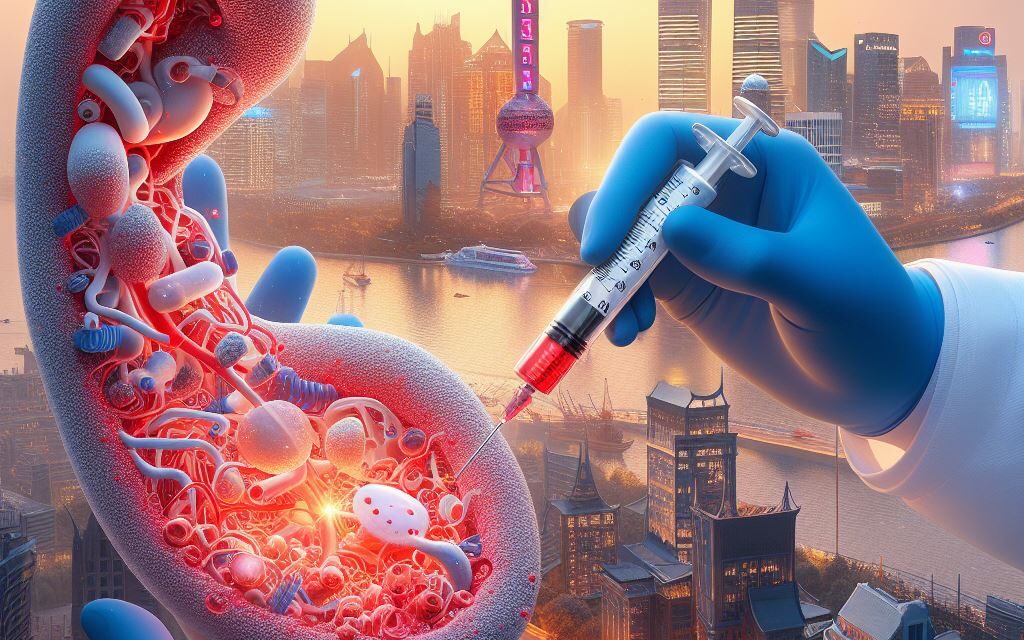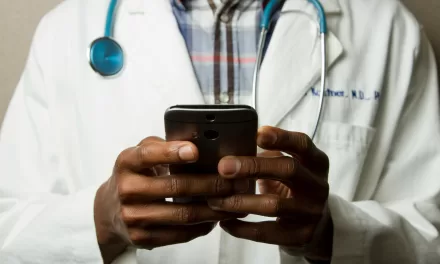In a groundbreaking achievement heralded as a milestone in medical science, doctors at Shanghai Changzheng Hospital have successfully cured a 59-year-old man of Type 2 diabetes using pancreatic cells derived from stem cells. This unprecedented success marks the first instance worldwide of curing diabetes with severely impaired pancreatic function through stem cell-derived autologous transplantation.
The patient, who had battled Type 2 diabetes for 25 years and relied on insulin for daily management, has now been insulin-free for 33 months following the procedure conducted in July 2021. Shanghai Changzheng Hospital made the announcement on Tuesday, highlighting the results of their decade-long research effort published in the journal Cell Discovery.
Diabetes, a chronic condition affecting millions globally, poses significant health risks if not managed properly, including blindness, kidney failure, and cardiovascular complications. For many, it necessitates lifelong insulin injections to regulate blood sugar levels. In China alone, with a diabetic population of 140 million, nearly 40 million rely on insulin therapy, underscoring the urgency for effective treatment options.
Traditionally, treating severe cases of diabetes involved pancreas islet cell transplants from donors, limited by donor scarcity and complex isolation technologies. The Shanghai team, led by Dr. Yin Hao from the Organ Transplant Center, overcame these challenges by pioneering a method using the patient’s own induced pluripotent stem cells derived from peripheral blood mononuclear cells.
“We reprogrammed the patient’s own cells into ‘seed cells’ and cultivated pancreatic islet tissue in a controlled environment,” explained Dr. Yin. “This innovative approach not only restored the patient’s pancreatic function but also prevented diabetic complications.”
The successful outcome signifies a significant advancement in regenerative medicine, offering hope to millions worldwide grappling with diabetes-related health risks. The patient, previously at high risk of diabetic complications following a kidney transplant in 2017, saw remarkable improvement in both pancreatic and renal function post-transplantation.
As research continues to evolve, Shanghai Changzheng Hospital’s breakthrough opens new avenues for treating diabetes and underscores the transformative potential of stem cell technology in regenerative medicine.
For more information, visit the Shanghai Changzheng Hospital.












